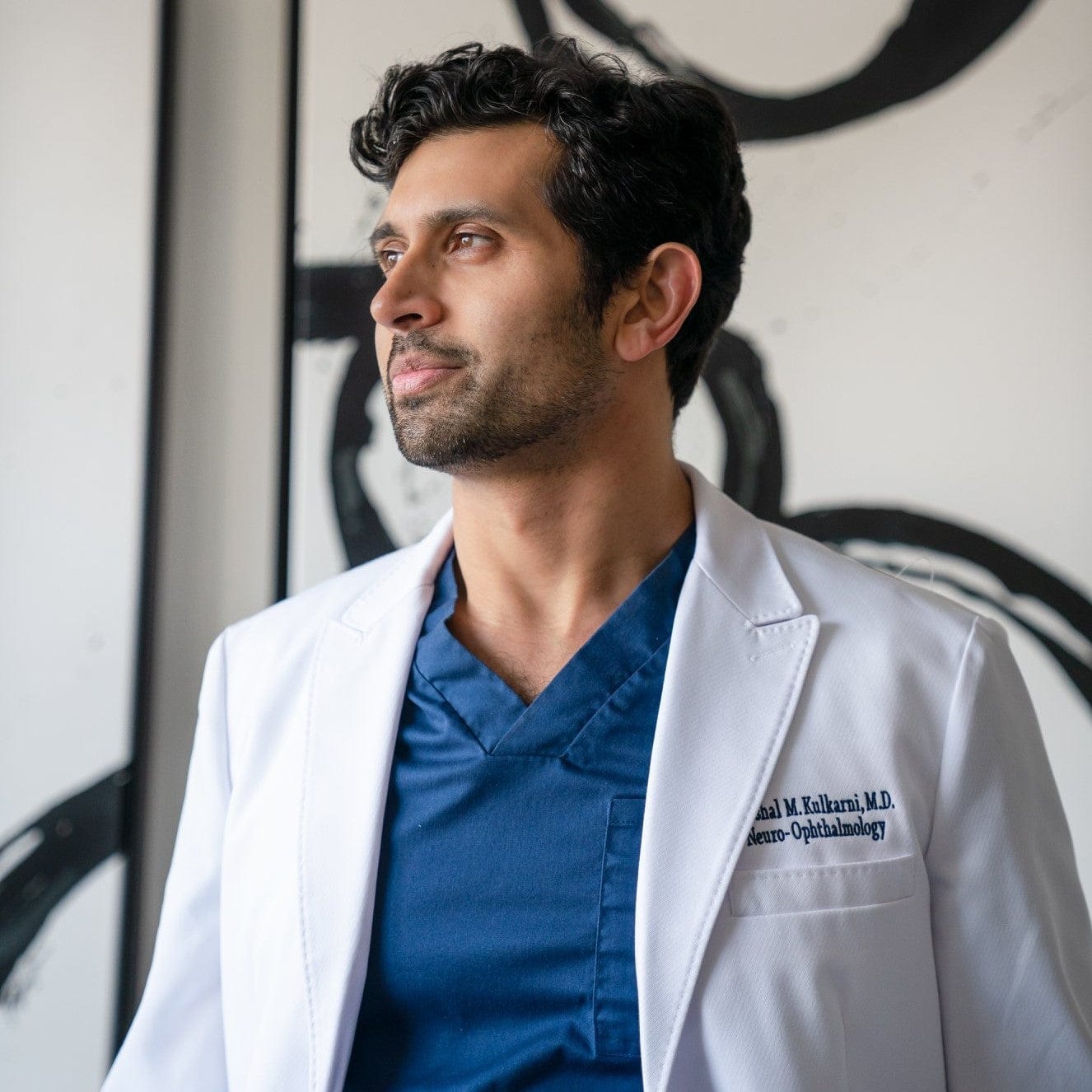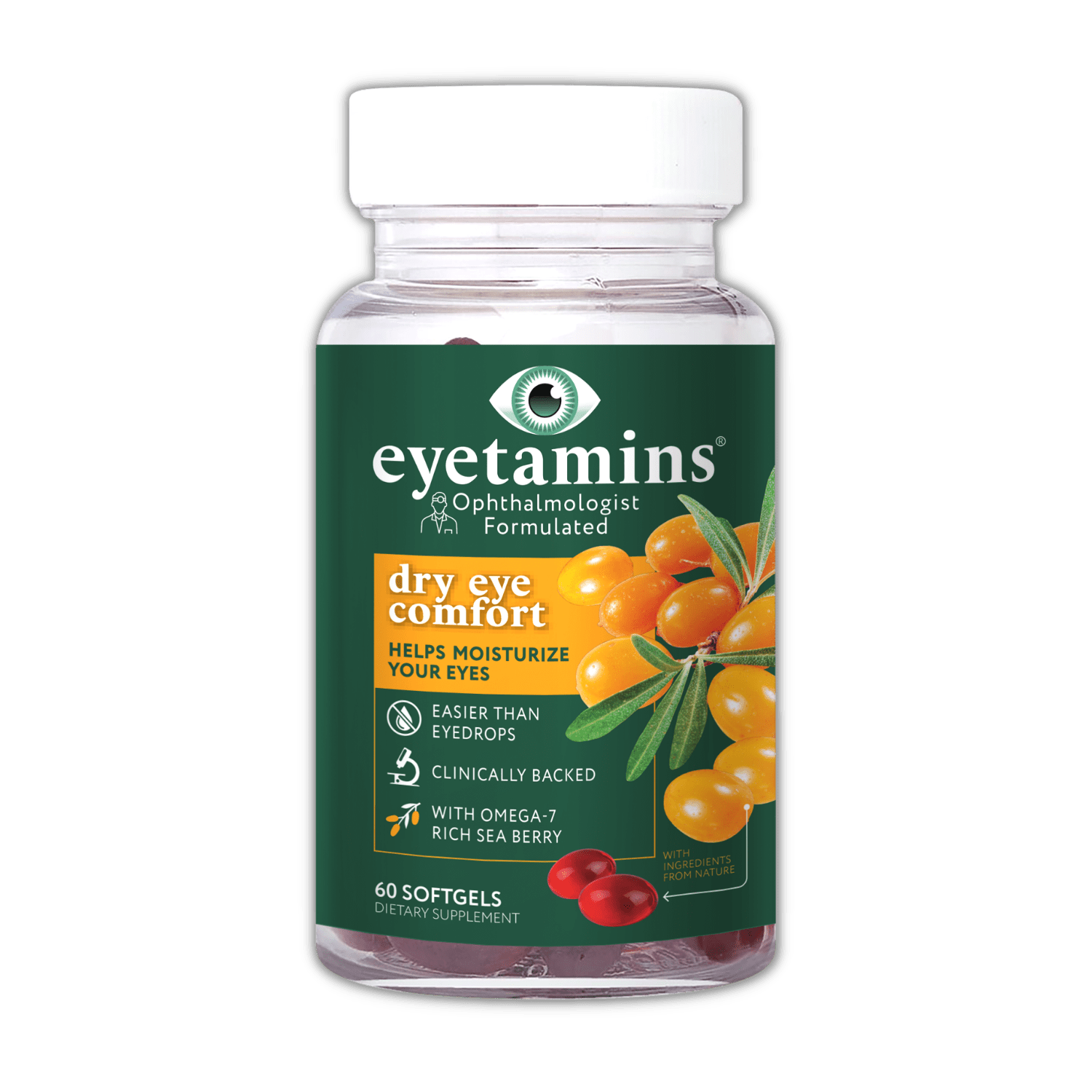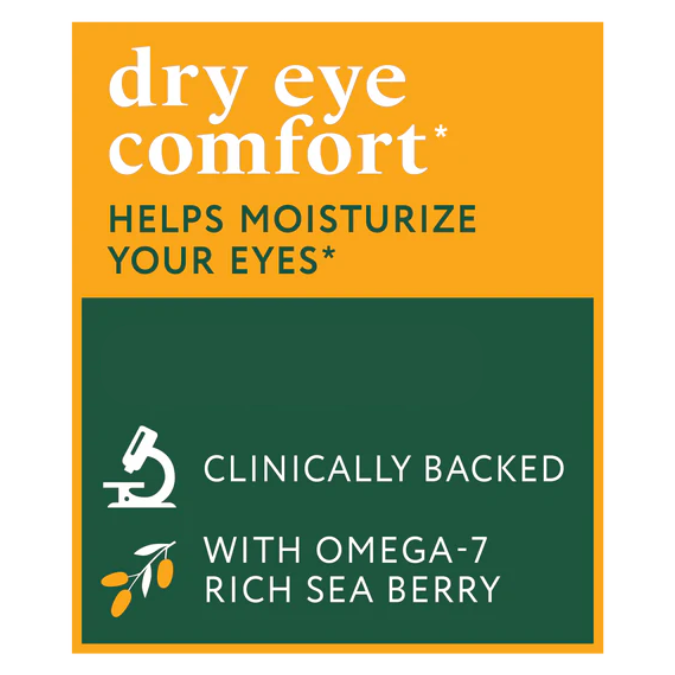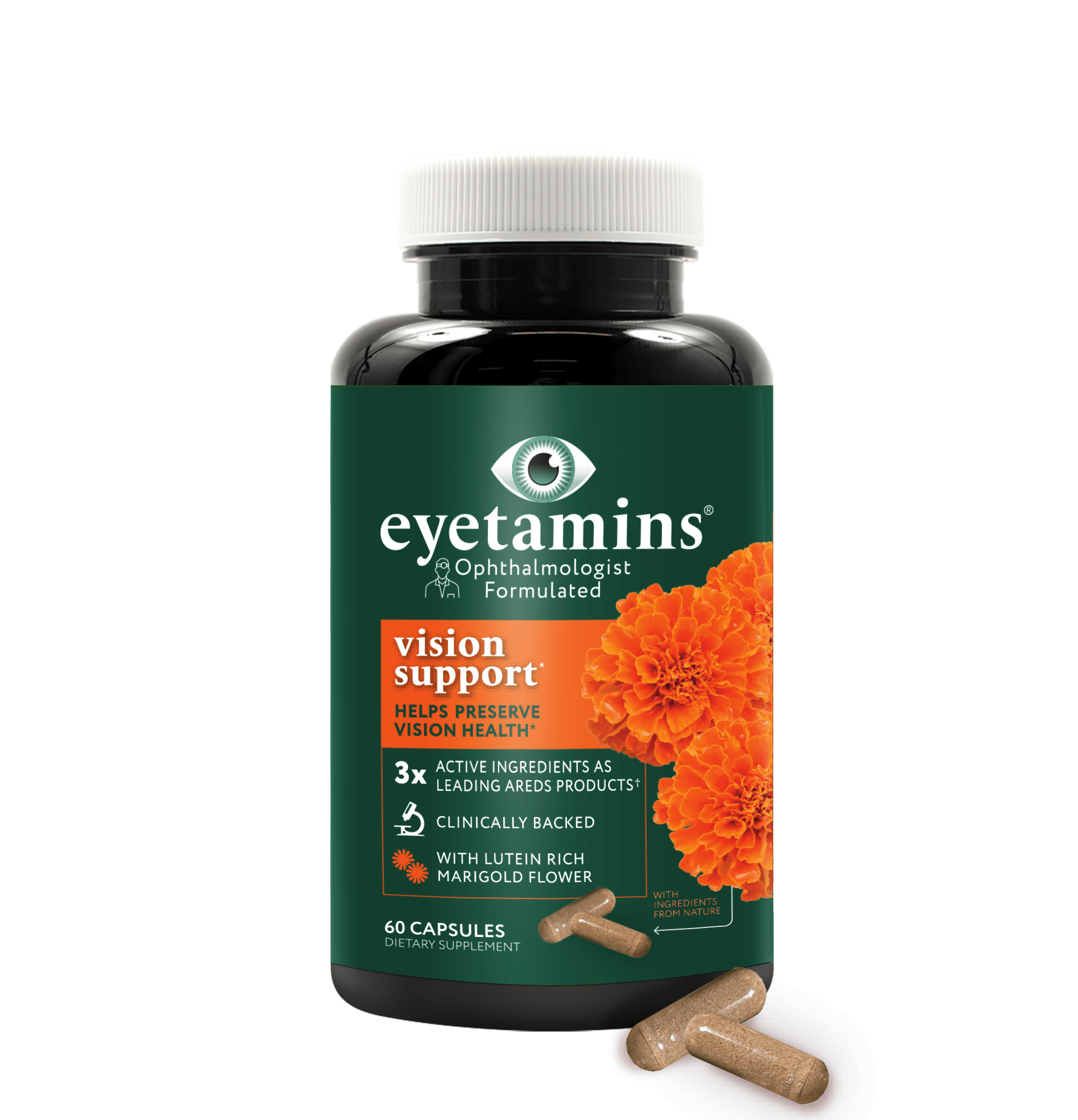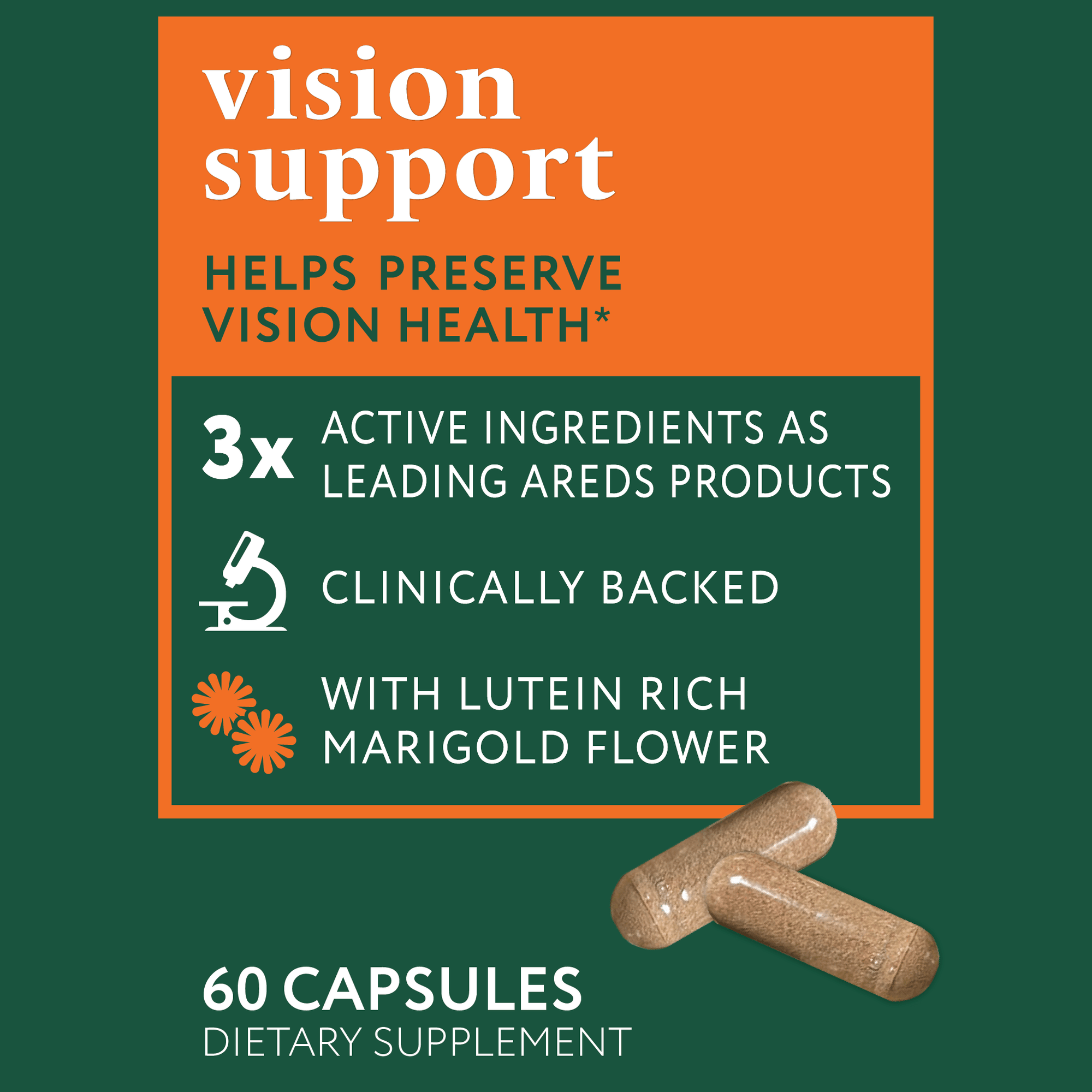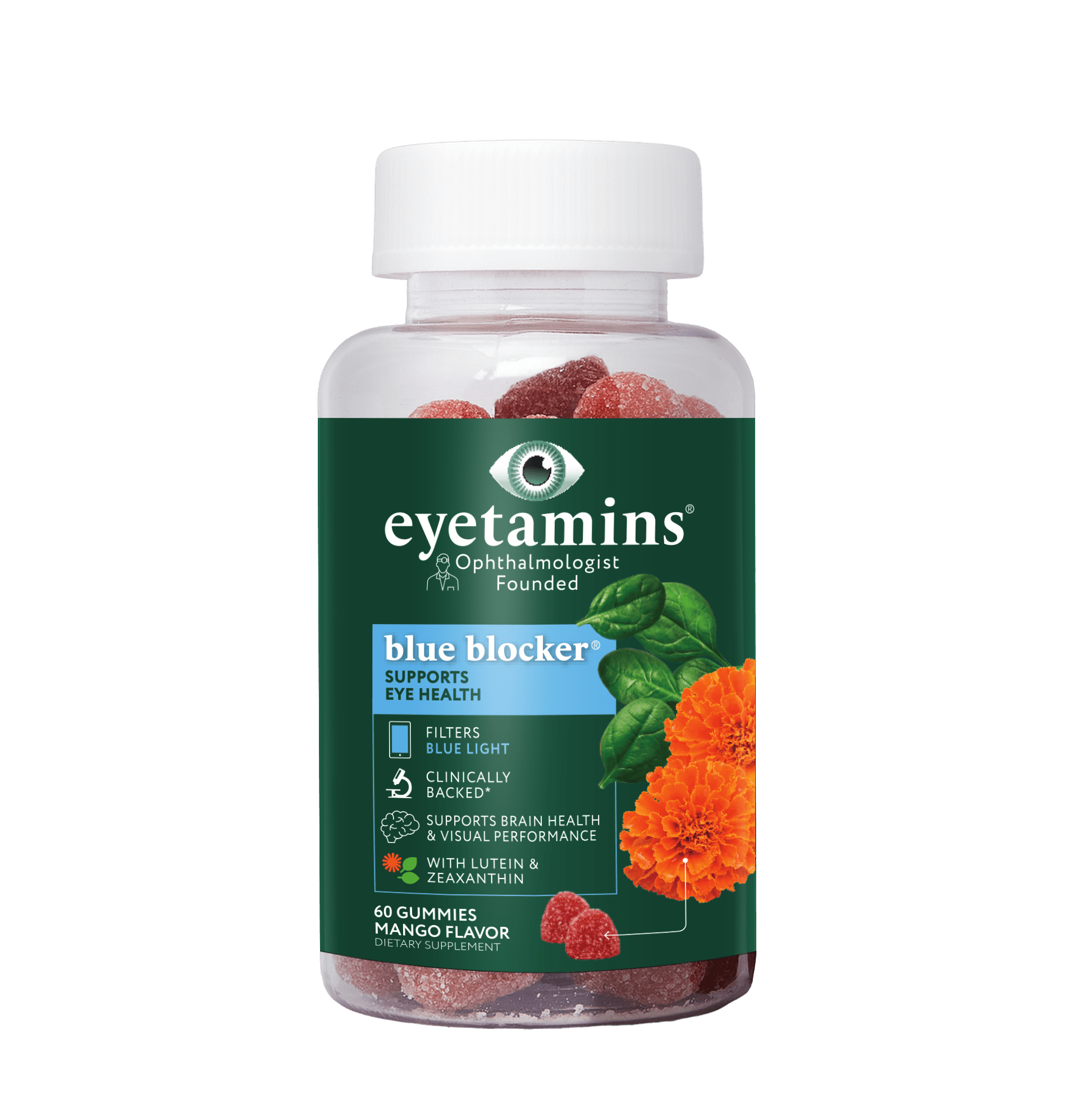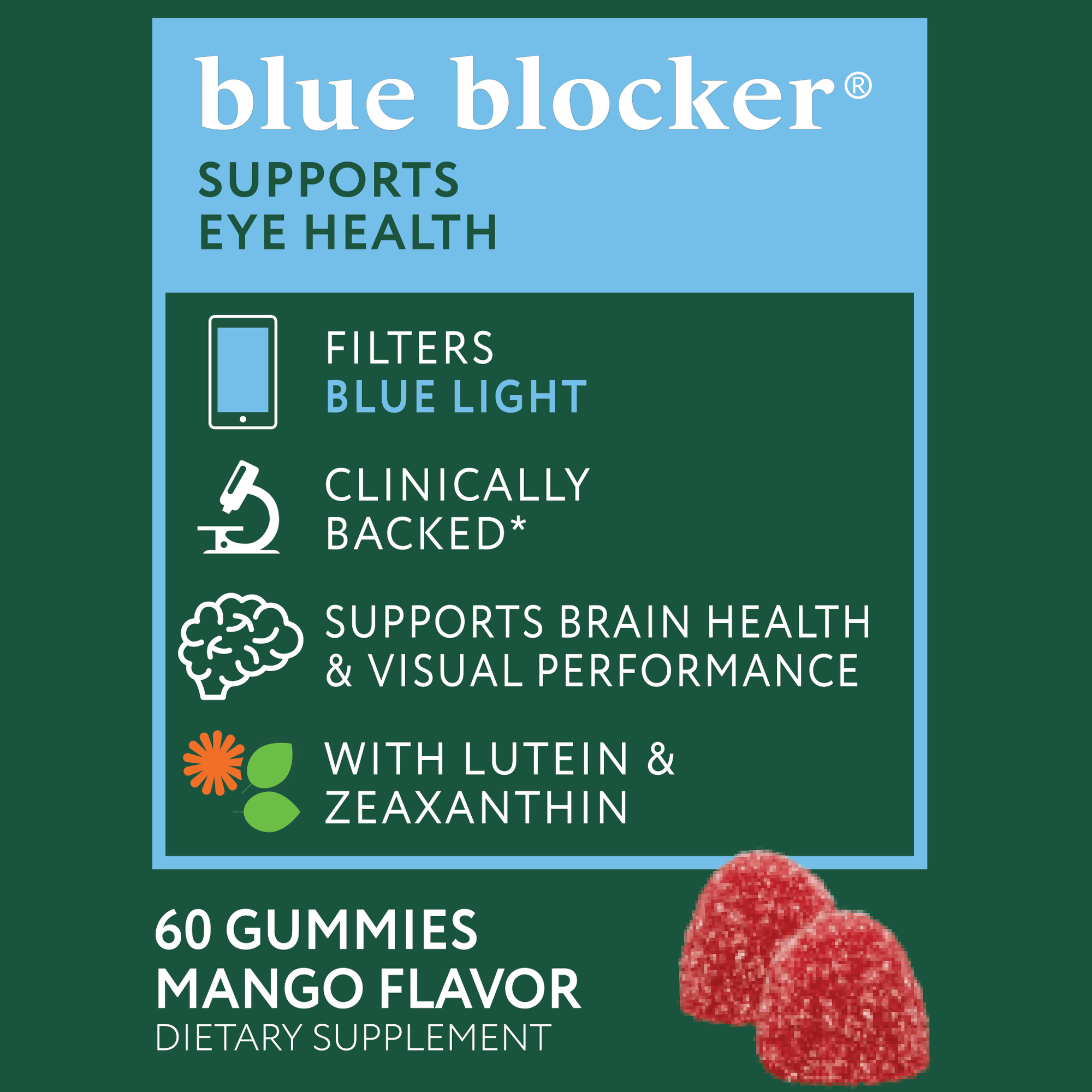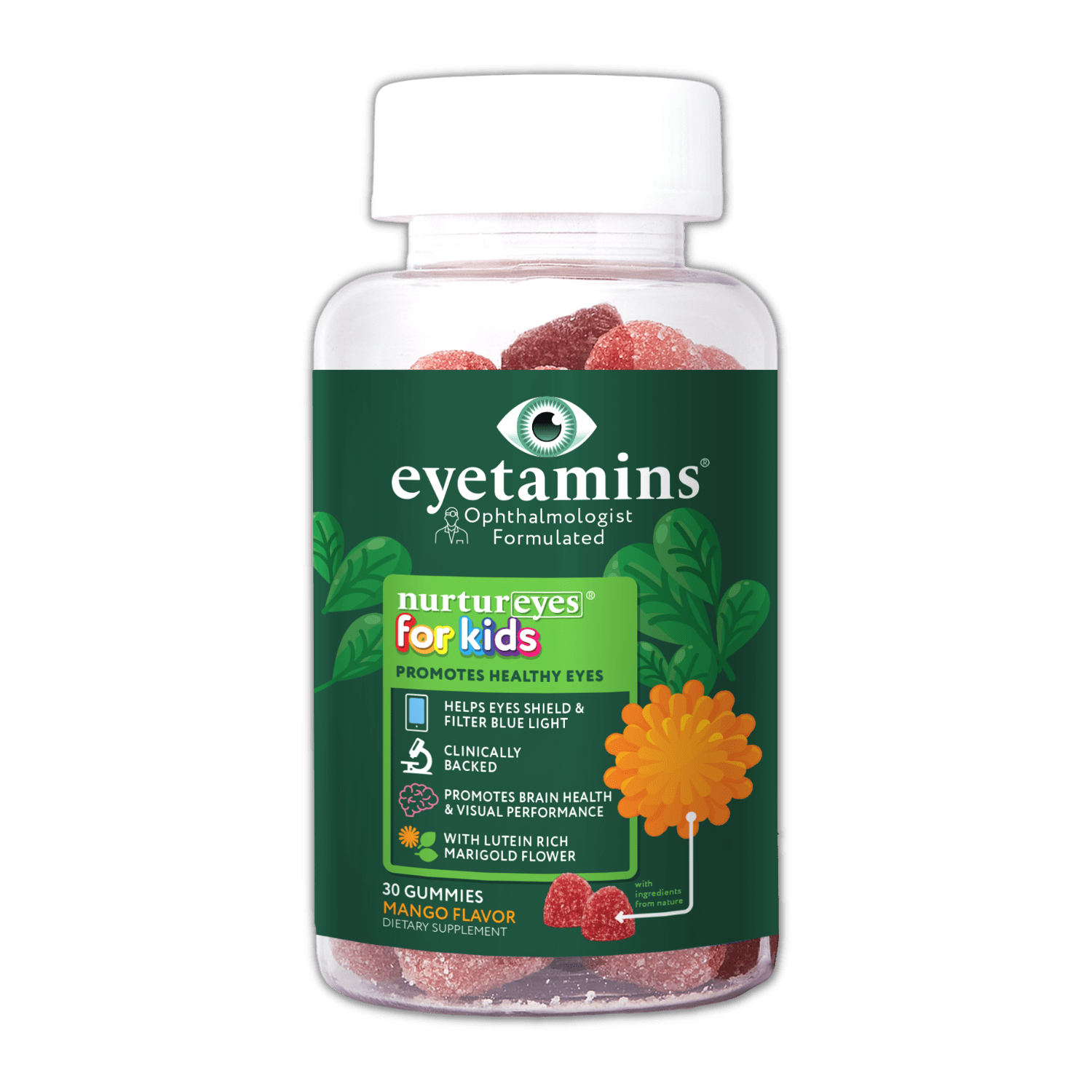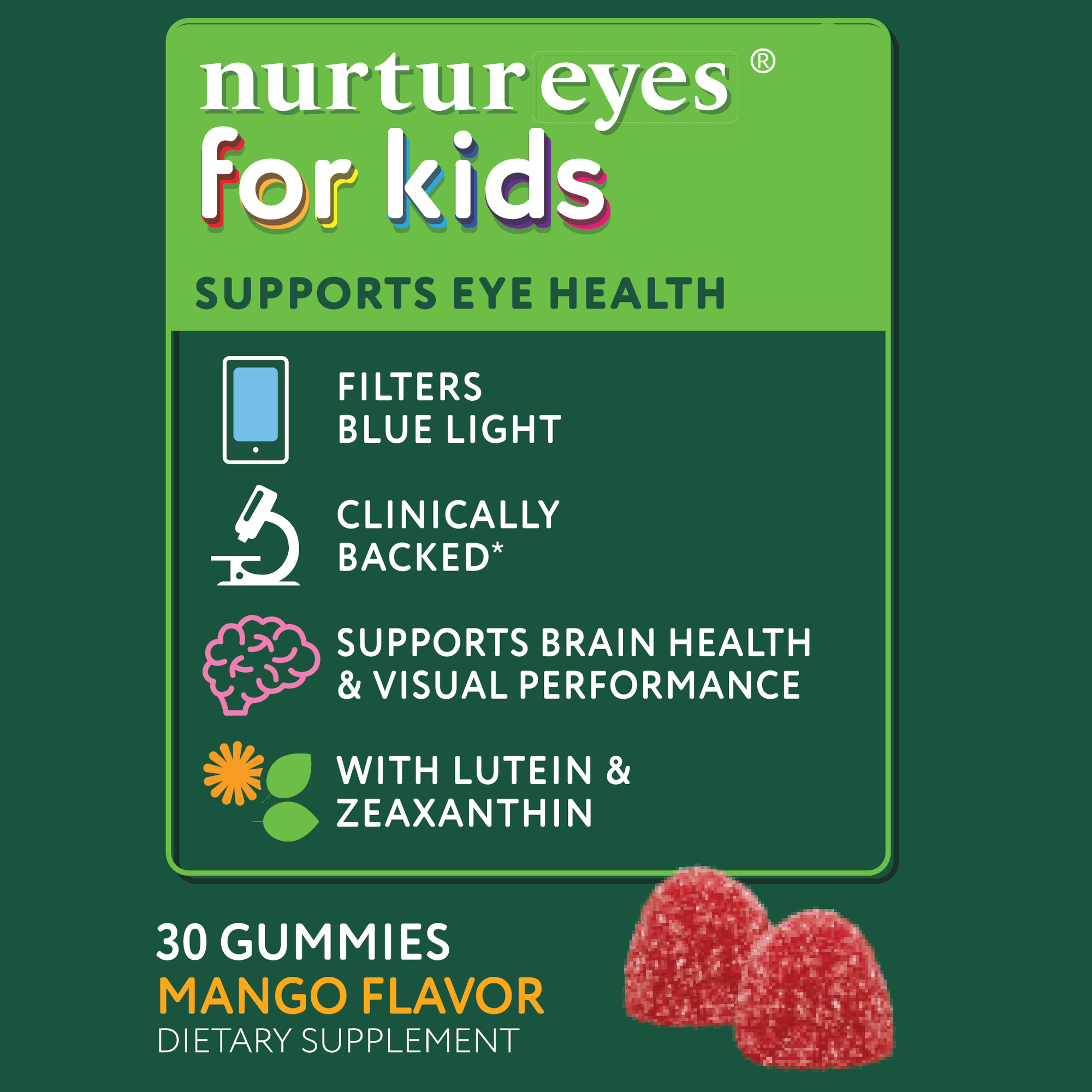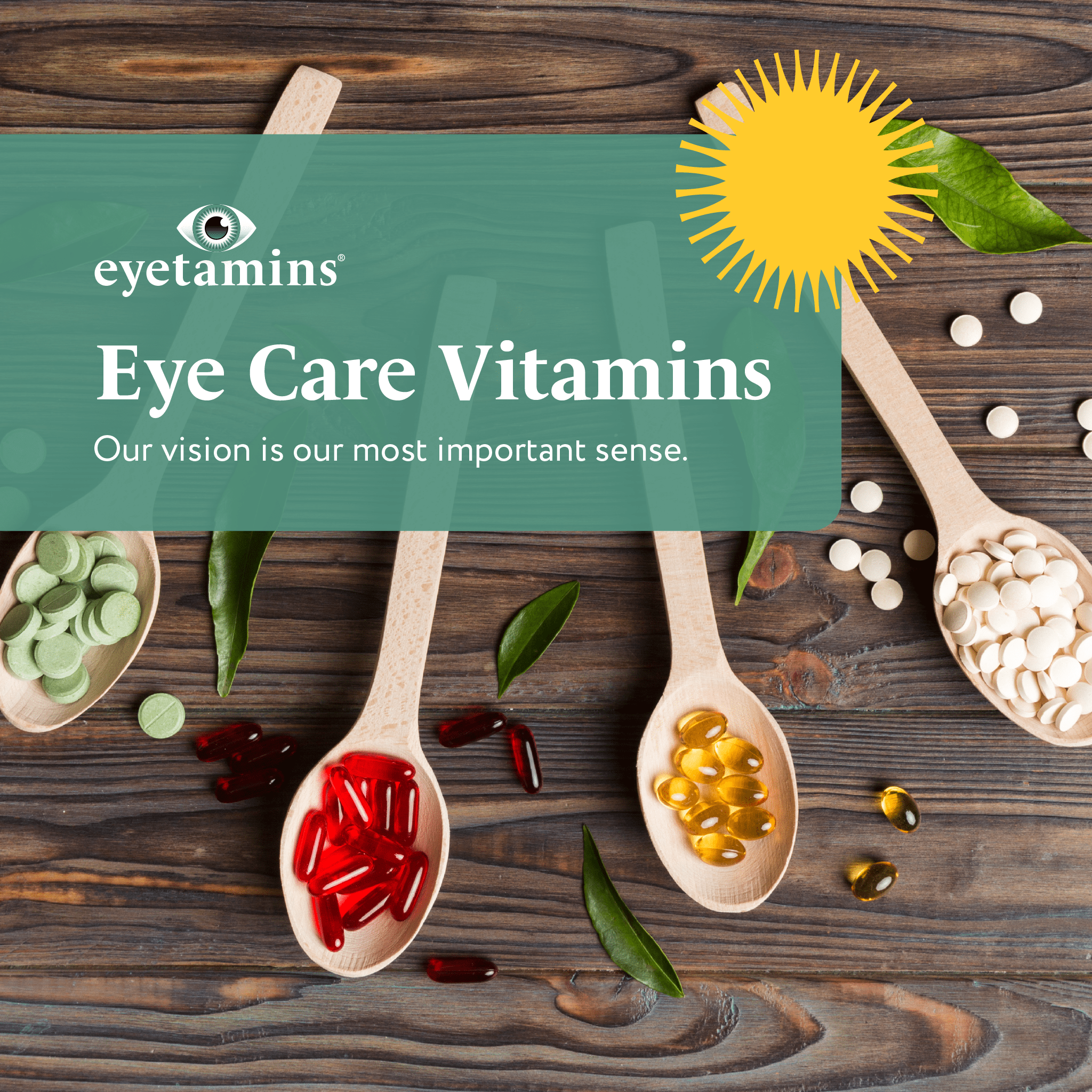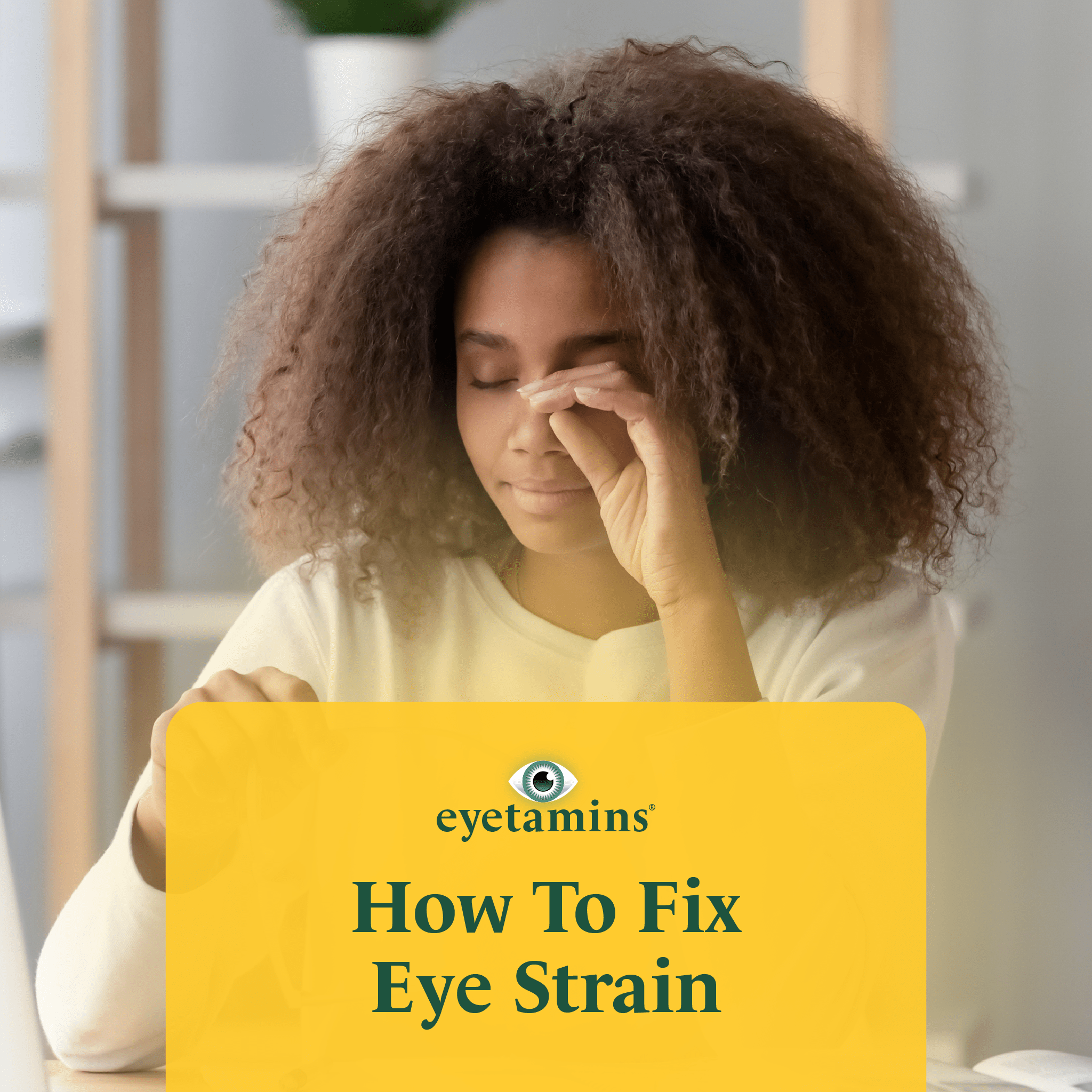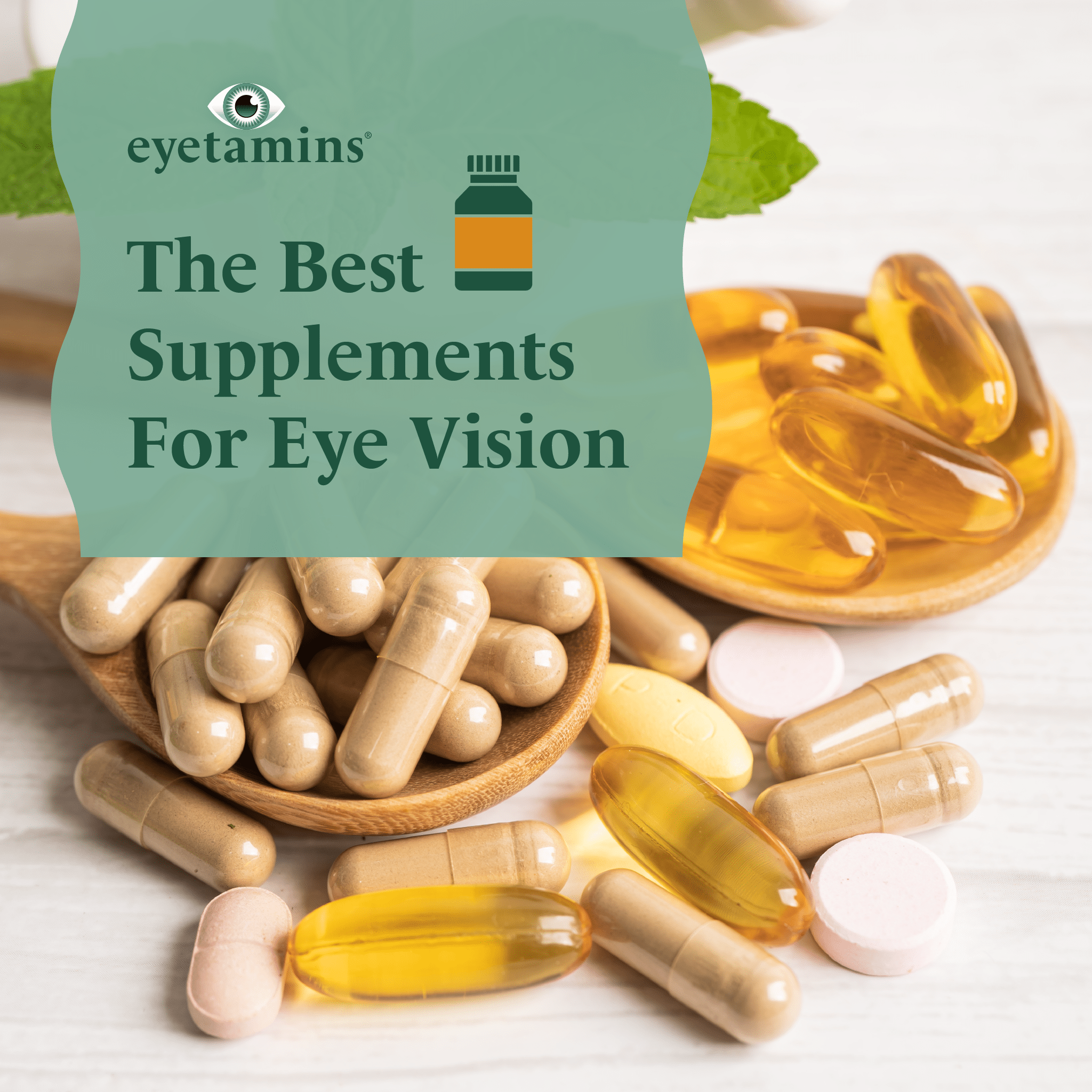· By Dr. Kaushal M. Kulkarni, M.D.
Macular Degeneration: Causes, Symptoms, & Prevention
Imagine you are staring at a clock. While the numbers on the clock appear clearly, you don’t see the clock’s hands. No matter how much you squint, the hands simply aren’t there.
This troubling scenario describes macular degeneration, one of the most common causes of vision loss in people 50 years and older. But what is macular degeneration exactly? What are its causes? And perhaps most importantly, can it be prevented, treated, or cured? In this article, we break down the answers to just these questions and more.
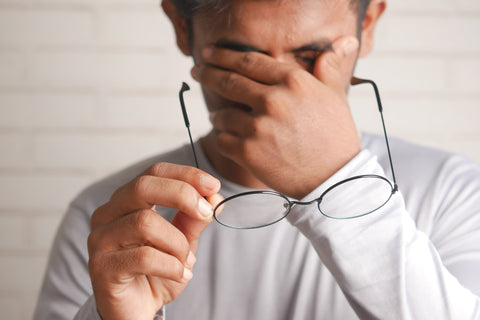
What is Macular Degeneration?
Age-related macular degeneration (AMD) is a leading cause of vision loss in older adults. It is characterized by the thinning of the macula – that is, the small centermost part of the retina that is usually responsible for clear vision. As the macula continues to deteriorate over time, central vision gets blurrier and blurrier (though peripheral vision remains mainly unchanged), affecting your ability to read, write, drive, and even recognize familiar faces. When it comes to an official diagnosis, there are two types of AMD: dry and wet.
1. Dry Macular Degeneration
Roughly 80% of those diagnosed with AMD are diagnosed with dry AMD. In this form of macular degeneration, small clusters of the protein drusen grow along the thinning macula. Between the deteriorating macula and these tiny yellow deposits, loss of central vision occurs slowly but steadily. Currently, there is no way to treat the dry form of AMD.
2. Wet Macular Degeneration
The wet form of macular degeneration is less common but far more severe. Not only does the macula begin to thin, but new blood vessels begin to form and expand underneath the retina. When these abnormal blood vessels leak blood and other fluids, the macula forms scar tissue. Loss of vision appears quite rapidly with wet AMD, and most people don’t realize something is wrong until their vision becomes very blurry and/or they develop a blind spot.
Common Causes of Macular Degeneration
Just as myriad other parts of our bodies begin to thin and deteriorate as we get older, so too do our eyes. Still, some people are more likely than others to experience macular degeneration. Common risk factors for AMD include:
- Cardiovascular disease and/or high cholesterol
- Smoking cigarettes
- High blood pressure (hypertension)
- Diets high in saturated fat
- Obesity
- Family history of AMD
According to the American Academy of Ophthalmology, the risk of AMD is highest in those who are white and over 50 years of age.
Symptoms of Macular Degeneration
You should see an eye care professional as soon as you notice any of the following:
- Low vision in one or both eyes
- Blurriness when reading, writing, or looking at fine details
- Trouble adapting to low light
- Increased need for bright light when reading or writing
An ophthalmologist who suspects age-related macular degeneration will likely use an optical coherence tomography (OCT) machine to look closely at the retina. He or she might also conduct a simple test using the Amsler grid. In the latter case, the patient looks directly at a small dot in the center of a grid. If any of the straight lines in the grid look bent or distorted, then this could lead to a diagnosis of macular degeneration.
Macular Degeneration Prevention and Treatment
Unfortunately, there is not currently an effective macular degeneration treatment, nor is there a surefire way to prevent AMD. For these reasons, it is imperative that you make regular visits to your eye doctor for an eye exam. However, recent studies have shown that in many cases, it is possible to delay or slow the progress of macular degeneration. Potential delaying tactics include:
1. Daily Vitamins & Minerals
Thanks to the extensive AREDS and AREDS 2 studies, eye doctors know certain vitamins and minerals can help to slow dry AMD. The recommended cocktail typically includes:
- Lutein (10 mg)
- Zeaxanthin (2 mg)
- Vitamin C (500 mg)
- Vitamin E (400 IU)
- Copper (2 mg)
- Zinc (80 mg)
One easy way to take in these vitamins is to incorporate an eye-healthy supplement into your daily routine. Most supplements have been specially formulated following the AREDS 2 study, though it is still best to check in with your doctor to make sure your chosen supplement is right for your personal health profile.
2. Eating Eye-Healthy Foods
Studies show that vitamin, antioxidant, and mineral-rich foods like fish, leafy greens, vegetables, and citrus fruits can help slow and control macular degeneration.
3. Anti-VEGF Drugs
For those with wet AMD, an ophthalmologist-prescribed medication called anti-VEGF can work to slow down and reduce the number of abnormal blood vessels growing around the retina. A very thin needle is used to carefully deliver the anti-VEGF directly into the back of the eye.
Many people who have been diagnosed with AMD also work closely with vision rehabilitation specialists to learn how to make the best use of their working peripheral vision.
People Also Ask
1. What is the main cause of macular degeneration?
The main cause of macular degeneration is simply aging. Like the rest of our bodies, our eyes can begin to break down as we get older. However, studies have shown that those who are obese, have high blood pressure, or smoke has a higher risk of developing AMD.
2. Can macular degeneration be prevented?
Sadly, macular degeneration cannot necessarily be prevented. However, if caught in its early stages its progress can be slowed.
3. What are the warning signs of macular degeneration?
Blurriness, trouble adapting to low light, needing additional light when reading and writing, and seeing straight lines as bent or distorted are all early signs of macular degeneration.
4. Can macular degeneration be caused by stress?
Some age-related eye disease studies have shown a link between stress and cataracts, glaucoma, optic neuropathy, and other progressive vision loss disorders, including AMD.
5. At what age does macular degeneration begin?
Macular degeneration (or age-related macular degeneration) is most common in adults over the age of 50. In rarer cases, macular degeneration does appear in children and young adults. In this case, it is called juvenile macular degeneration or Stargardt disease.
Conclusion
When it comes to eye health, age-related macular degeneration is a leading cause of vision loss in older adults. Studies suggest that white adults over 50 years of age who smoke, are obese, and/or who suffer from high blood pressure are especially prone to the two types of age-related macular degeneration.
Once officially diagnosed by an ophthalmologist, macular degeneration cannot be cured. However, eating eye-healthy foods and incorporating vitamin-rich nutritional supplements into your diet can go a long way in slowing down this debilitating eye condition.

